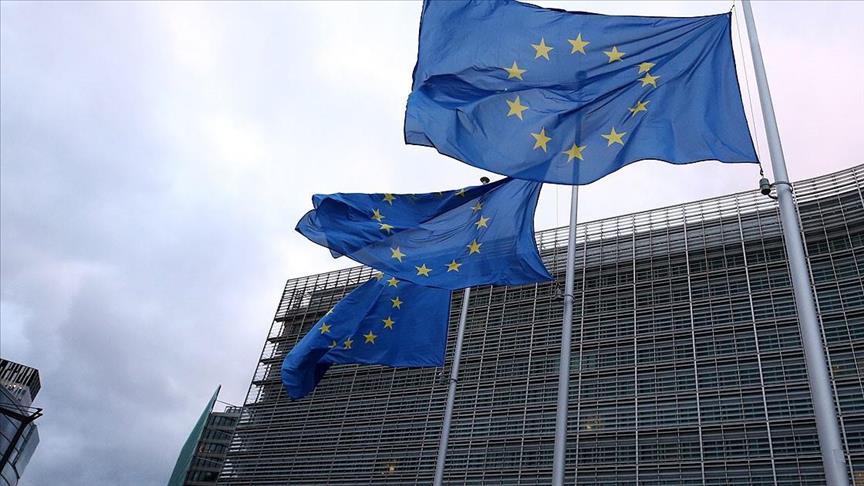The European Union announced early Friday that it has decided to impose additional sanctions on Turkish individuals and companies in light of Turkey's activities in the Eastern Mediterranean.
As the EU Leaders Summit in Brussels continued, the union shared the relevant part of the final declaration on Turkey as they reached a consensus after long hours of negotiations.
The declaration claims that Turkey engaged in unilateral actions and provocations and escalated its rhetoric against the EU.
The EU noted Turkey’s withdrawal of the Oruc Reis research vessel and insisted on sustained de-escalation to follow for the early resumption and smooth continuation of direct exploratory talks between Greece and Turkey.
“The European Council reaffirms the EU’s strategic interest in the development of a cooperative and mutually beneficial relationship with Turkey. The offer of a positive EU-Turkey agenda remains on the table, provided Turkey shows readiness to promote a genuine partnership with the union and its member states and to resolve differences through dialogue and in accordance with international law,” it added.
Highlighting the importance of keeping channels of communication between the EU and Turkey open, it said the EU will continue to provide financial assistance to Syrians in Turkey.
Turkey currently hosts 4 million Syrian refugees, more than any other country in the world.
- EU invites council to adopt additional listings
The EU invited the council to adopt additional listings based on its decision on Nov. 11, 2019 concerning restrictive measures in view of Turkey’s “unauthorized drilling activities” in the Eastern Mediterranean.
It also invited EU High Representative Josep Borrell and the commission to submit a report on the state of play concerning EU-Turkey political, economic and trade relations and on instruments and options on how to proceed.
The declaration condemned the opening of part of the city of Maras, also known in Greek as Varosha, and argued that UN Security Council resolutions should be respected.
It also asked Borrell to take forward the proposal of a multilateral conference on the Eastern Mediterranean.
“The EU will seek to coordinate on matters relating to Turkey and the situation in the Eastern Mediterranean with the United States,” it added.
EU leaders gathered in Brussels on Thursday for two days of discussions on the EU budget and COVID-19 as well as transatlantic ties and relations with Turkey.
Turkey, which has the longest continental coastline in the Eastern Mediterranean, has rejected maritime boundary claims of Greece and the Greek Cypriot administration and stressed that these excessive claims violate the sovereign rights of both Turkey and the Turkish Cypriots.
Ankara has sent several drill ships in recent months to explore for energy resources in the Eastern Mediterranean, asserting its rights in the region as well as those of the Turkish Republic of Northern Cyprus.
Turkish leaders have repeatedly stressed that Ankara is in favor of resolving all outstanding problems in the region through international law, good neighborly relations, dialogue and negotiations.
Reporting by Omer Tugrul Cam in Brussels
Writing by Gozde Bayar
Anadolu Agency
energy@aa.com.tr


